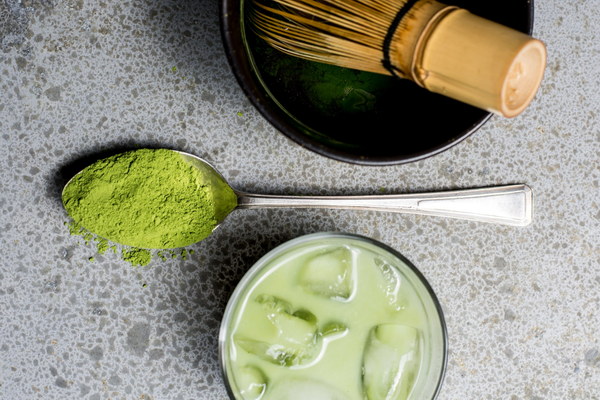Balancing Liver Care and Managing Irritability A Guide to Calmness in Times of Stress
In the pursuit of a healthy lifestyle, one often focuses on the physical aspects of well-being, neglecting the emotional and psychological dimensions. A common challenge faced by many is the delicate balance between nurturing the liver and managing the irritability that can accompany such efforts. This article delves into the reasons behind the correlation between liver care and increased irritability, and offers practical tips to maintain a calm demeanor while prioritizing liver health.
Understanding the Liver and Its Role in Emotions
The liver, an essential organ in the human body, plays a crucial role in detoxifying the blood, metabolizing nutrients, and producing bile to aid in digestion. It is also closely linked to the emotional state, as traditional Chinese medicine suggests. When the liver is functioning optimally, it is believed to promote a sense of peace and emotional balance. However, when the liver is overburdened or imbalanced, it can lead to a range of emotional disturbances, including irritability.
Why Liver Care Can Lead to Irritability
1. Toxin Accumulation: The liver filters out toxins from the body. When it's overwhelmed, these toxins can accumulate, leading to a build-up of emotional stress and irritability.
2. Stress and Anger: The liver is associated with the emotions of stress and anger. High levels of stress can strain the liver, causing irritability to surface.
3. Poor Digestion: A liver that is not functioning well can affect digestion, leading to discomfort and an overall sense of unease, which can manifest as irritability.
Managing Irritability While Prioritizing Liver Health

1. Healthy Diet: A balanced diet rich in fruits, vegetables, lean proteins, and whole grains can support liver function. Avoiding excessive alcohol, processed foods, and sugary drinks is also crucial.
2. Regular Exercise: Physical activity helps to reduce stress and improve liver function. Engaging in activities like yoga, walking, or swimming can be particularly beneficial.
3. Adequate Sleep: Quality sleep is essential for liver repair and rejuvenation. Aim for 7-9 hours of sleep per night.
4. Mindfulness and Relaxation Techniques: Practices such as meditation, deep breathing exercises, or progressive muscle relaxation can help manage stress and irritability.
5. Herbal Supplements: Certain herbs, like milk thistle, dandelion, and artichoke, are known to support liver health. Consult with a healthcare professional before starting any new supplement.
6. Limiting Stimulants: Reduce the intake of caffeine and nicotine, as these can further stress the liver and exacerbate irritability.
7. Social Support: Sharing your concerns with friends, family, or a support group can provide emotional support and help you cope with stress.
Conclusion
Maintaining liver health is a vital component of overall well-being, but it's important to recognize that this process can sometimes lead to increased irritability. By adopting a holistic approach that addresses both physical and emotional aspects, you can effectively manage your liver health without sacrificing your peace of mind. Remember, it's not just about what you put into your body, but also about how you care for your mind and spirit. With the right balance, you can achieve a harmonious state of being that promotes both liver health and emotional calmness.









